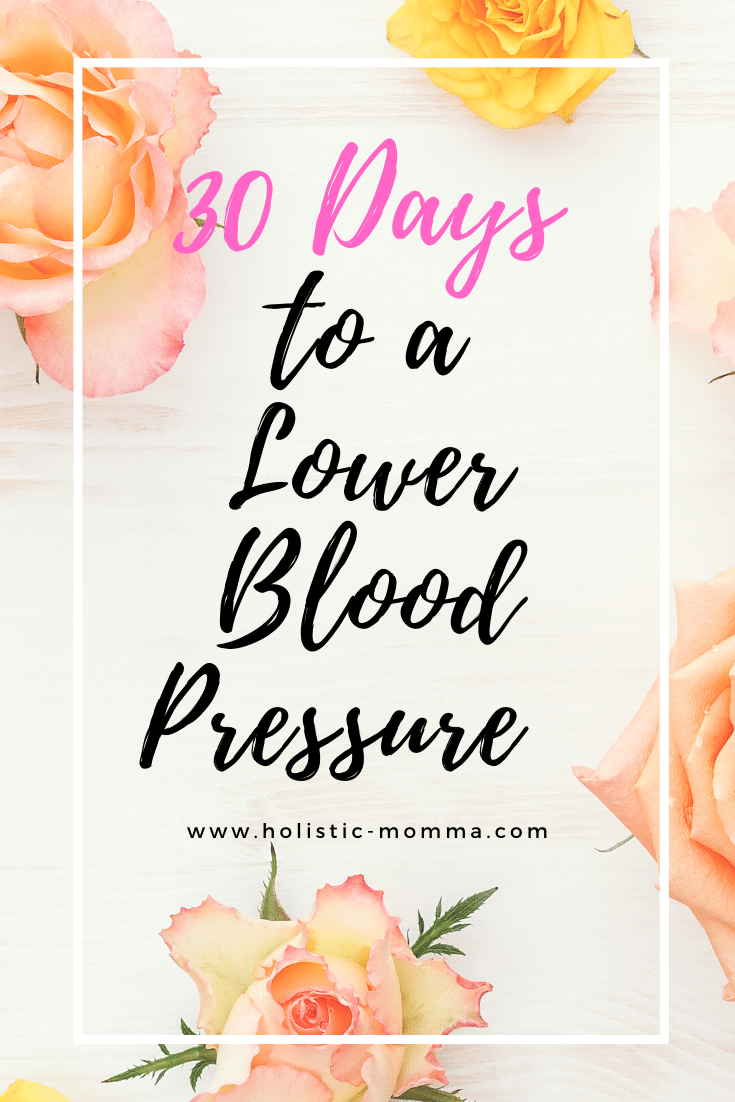7 Health Benefits of CBD
Table of Contents
The Many Health Benefits of CBD
CBD is one of the numerous naturally occurring chemical compounds that are present in hemp plants. Short for cannabidiol, it’s becoming a trendy ingredient in natural products due to its array of health benefits.
It’s important to note that unlike the infamous THC or tetrahydrocannabinol. CBD isn’t psychoactive—no matter how much you consume. This is also the reason why CBD products can be legally sold in many areas. While those containing THC are strictly regulated in most states.
How It Works
Inside the human body is a complex cell-signaling system known as the endocannabinoid system or ECS. It’s involved in regulating certain bodily functions and processes and basically in maintaining human health.
The ECS has three key components:
- Endogenous cannabinoids – Also known as endocannabinoids, these are similar to CBD, THC, and other cannabinoids found in hemp but produced by the body as needed.
- Cannabinoid receptors – Found all throughout the body, these receptors are situated on the cells’ surface. There are two main types of cannabinoid receptors:
- CB1 receptors – primarily exist in the central nervous system and associated with emotions, mood, appetite, memory, and coordination
- CB2 receptors – primarily exist in the immune system and influence pain and inflammation
Endocannabinoids bind to these receptors and then signal the ECS to take action. The action depends on the location of the receptors and what type of endocannabinoid binds to them. But, the end goal is always to maintain a stable internal environment.
- Enzymes – These break down the endocannabinoids that have bonded to the receptors after carrying out their function to prevent them from doing more than what needs to be accomplished.
ECS and CBD
Although scientists are yet to fully understand the ECS, there are certain things that they know for sure: the ECS responds to both endogenous and plant-derived cannabinoids although the latter, like CBD, don’t bind to the receptors.
When someone ingests cannabinoids, the body is made to build more cannabinoid receptors and produce more endocannabinoids. Another effect is for the body to use more cannabinoids and prevent the production of enzymes that degrade them. CBD also activates TRPV1 receptors which are involved in regulating body temperature, inflammation, and pain.
Benefits of CBD Oil
Research regarding the effectiveness of CBD in treating many health conditions is continuously expanding. At present, these are some of the many health benefits of CBD that are backed by science:
-
Reduces anxiety and depression
Anxiety and depression are two of the most common mental health problems affecting individuals across the globe and they usually occur together. Someone who is suffering from clinical depression is more likely to have anxiety as well.
Depression is commonly linked to low levels of serotonin—a hormone that’s also called the ‘happy chemical’ because it contributes to a person’s mood, happiness, and feeling of well-being. In some instances, a deficiency of serotonin may also lead to anxiety.
Studies conducted on animals and humans have established the benefits of CBD for depression and anxiety. One study found that although CBD doesn’t increase the levels of serotonin, it stimulates the brain’s chemical receptors to produce antidepressant and anti-anxiety effects. Another concluded that CBD may also reduce stress-related depression.
You can also try this in combination with some essential oils for anxiety to work externally and internally.
2. Provides relief from inflammation and pain
There’s a lot of anecdotal evidence regarding the effectiveness of CBD in alleviating pain, and science can actually back this up.
Studies have shown that when CBD, along with other cannabinoids, reacts with the ECS, our body responds by creating anti-inflammatory effects. Because many types of pain are related to inflammation, CBD may have great potential in terms of providing pain relief.
In 2018, researchers reviewed studies conducted since 1975 about how well CBD performs in relieving various types of pains, such as neuropathic pain, fibromyalgia, and cancer-related pain. They concluded that CBD was an effective pain management medication without the negative side effects of traditional medicine.
-
Calms epilepsy
There’s no doubt regarding the anti-seizure properties of CBD. It’s been proven that children with drug-resistant epilepsy can be treated with it successfully. In fact, the US FDA has already approved the use of a purified CBD oil for the treatment of two severe and rare forms of epilepsy. Known as Epidiolex, this drug for both Dravet Syndrome and Lennox-Gastaut Syndrome is administered to patients at least two years of age.
-
Improves sleep
Anecdotal evidence and a few studies suggest that CBD can help you sleep better. In a recent consumer survey, the majority of people who tried CBD to help them get a good night’s sleep reported that it worked.
One study published this year showed that CBD could help improve sleep. Two-thirds of the subjects reported that they were able to sleep better in the first month of taking CBD in capsule form.
Researchers don’t fully understand yet how CBD can actually improve sleep. However, many of them believe that this may be linked to its ability to fight anxiety and pain, which are two of the main factors that interrupt or delay natural sleep.
-
Can help boost energy and focus
Multiple studies suggest that CBD can help increase energy levels and improve the ability to focus. Researchers found that when CBD interacts with the ECS, it leads to an enhancement in the levels of dopamine. Dopamine is a chemical that affects your physical functions and behavior, including movement, attention, mood, learning, and motivation.
Another effect that researchers found is that CBD helps lower levels of cortisol. Cortisol isn’t exactly a bad chemical since it protects your overall health. However, the body secretes excess cortisol when it’s under considerable stress. This makes it difficult for someone to concentrate. By preventing the over-production of cortisol, CBD helps improve focus.
-
Helps fight digestive issues
Gastrointestinal (GI) disorders are conditions affecting the digestive system. These include irritable bowel syndrome (IBS), ulcerative colitis, Crohn’s disease, gastritis, and chronic constipation.
Inflammation and pain are two of GI disorders’ primary symptoms, while anxiety is a common secondary symptom. As previously explained, scientific studies have proven that CBD aids in alleviating these symptoms. CBD helps fight inflammation in the gut, improve the immune response of the digestive tract, and reduce the anxiety associated with GI disorders.
-
Reduces acne
Results from a few studies suggest that CBD may be beneficial for acne. Acne usually occurs due to excess oil, dead skin cells, and dirt blocking the pores. A certain type of bacteria can accumulate in the pores, causing a breakout.
One study found that the anti-inflammatory properties of CBD affect oil-producing glands, inhibiting them from creating excess oil. Another study highlighted its antibacterial effects, which may help prevent infections caused by pollutants on the skin.
Understanding CBD
The difference between isolates, full-spectrum & broad spectrum.
Although there are many different types of CBD products in the market, the CBD they contain is exactly the same and will provide the same health benefits. However, you should be aware of whether the product contains CBD isolate, broad-spectrum CBD, or full-spectrum CBD.
- CBD Isolate – This is the purest form of CBD, without any other cannabinoids and plant compounds. Products with CBD isolate generally have little to no flavor and are best for those who require a higher dosage of CBD.
- Full-spectrum CBD – This extract contains all cannabinoids and compounds found in cannabis, including THC. Research shows that the different compounds in this type of extract work together to enhance the effects of each cannabinoid. This is called the entourage effect.
- Broad-spectrum CBD – The only difference between this and full-spectrum CBD is the absence of THC. As such, it still has the entourage effect’s benefits but it won’t cause a high.
Hello! My name is Megan Santiago, B.S in Psychology, I have a Master's Degree in Mental Health Counseling and I am currently seeing clients as a Mental Health Counselor Intern. I am the Owner and Founder of Holistic-Momma.com. A little bit about me, I am OBSESSED with all things holistic health. I believe we can heal our physical bodies if we first heal our minds. I am a psychology major; I've worked alongside Naturopathic Doctors, Chiropractors, and numerous practitioners. I was a health educator for a well-known supplement brand, and now I share my experience and knowledge. I hope you learn something while on my site, and feel free to contact me with any questions!





